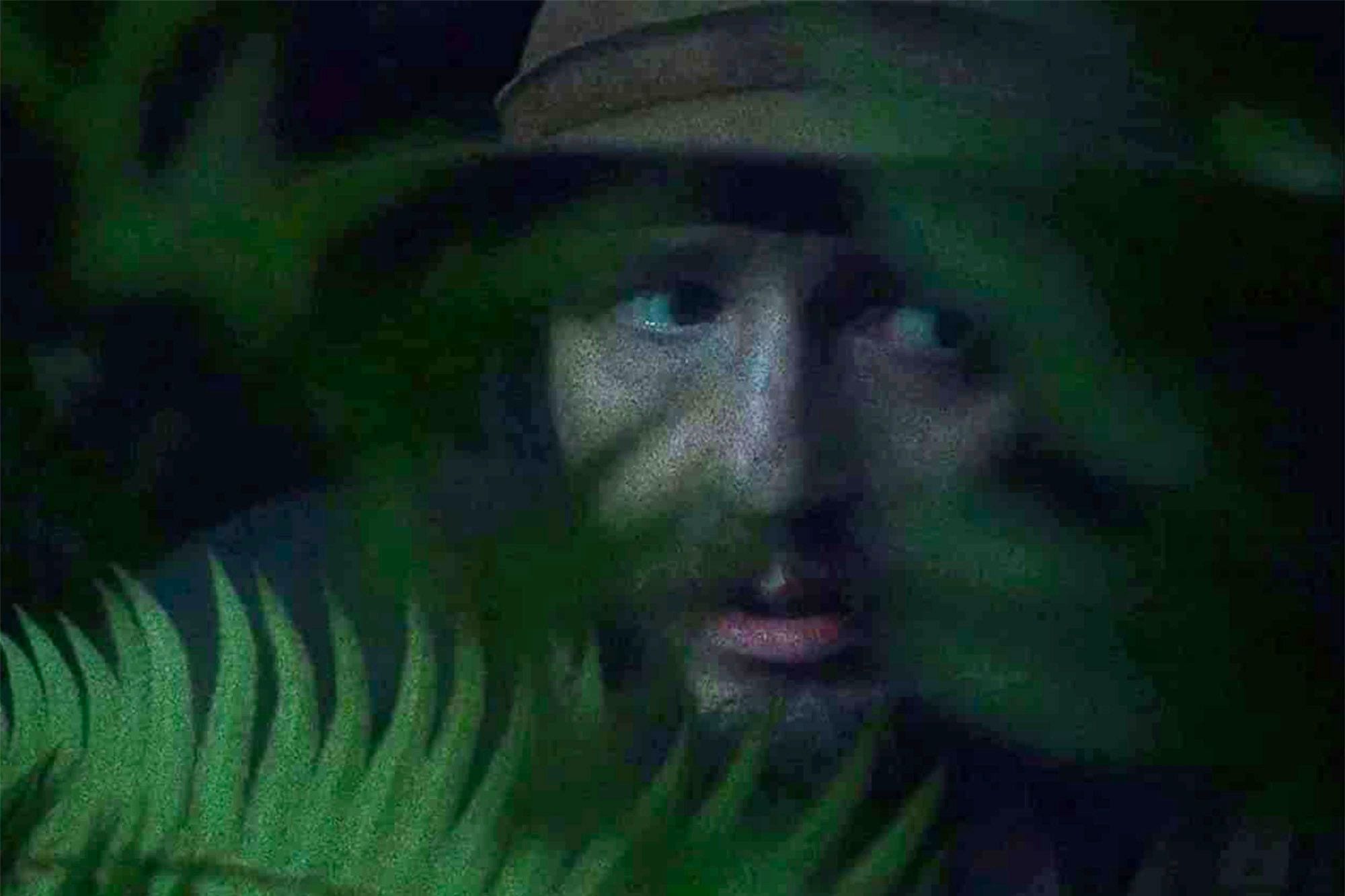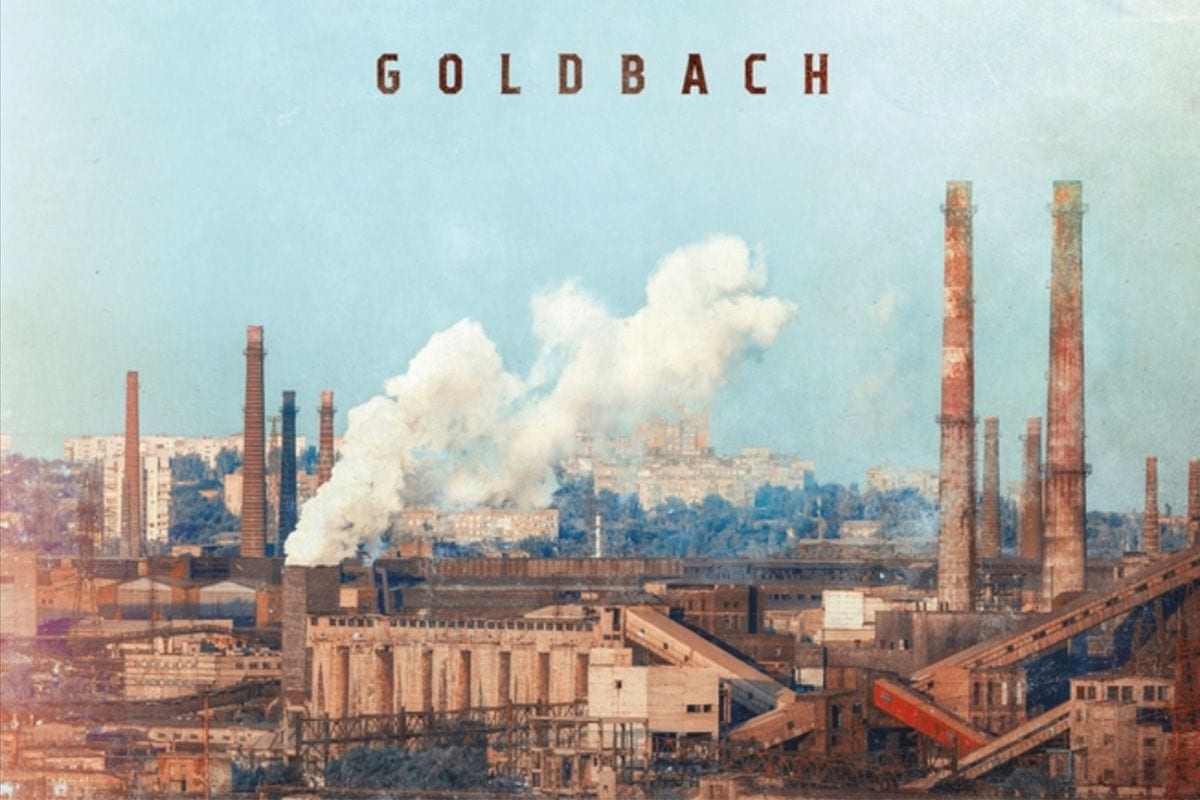
COVID-19 Is but One Indication of the Return of the Pandemic Monster
Mike Davis' COVID-era update about emerging flu pandemics, The Monster Enters, is concise, disturbing, and valuable.

Mike Davis' COVID-era update about emerging flu pandemics, The Monster Enters, is concise, disturbing, and valuable.

Evoking both sarcasm and empathy, Butler paints Jillian and Megan as harbingers of a relatable alienation.

Pier Paolo Pasolini's classic drama, Teorema, grapples with the parable -- the manner of knowing that which always remains just beyond our grasp.

In her excellent film, First Cow, Kelly Reichardt explores the effects of colonial land theft and capitalism through the medium of food.

No one living in America today can escape the blast radius of the questions raised in Wendy A. Woloson's Crap.

Justin Pemberton's film version of Thomas Piketty's landmark book on the dangers of today's yawning income inequality, Capital in the 21st Century, is more TED Talk than documentary, but it's a handy summary nonetheless.

Author Caleb Carr's The Alienist explores the 19th century psychiatric debate between free will and determinism. TNT's nearly identical adaptation of the novel, however, comes up with a completely different conclusion.

Eliese Colette Goldbach's memoir, Rust: A Memoir of Steel and Grit, is the story of one descending into the depths of The American Dream and emerging with flecks of graphite dust on her cheeks, a master's degree in her hands, and a few new friends.

In one sense, life in the time of Coronavirus clarifies an essential element of love: love always occurs at an ontological distance.

Gloria Bell painfully conveys that this economic system thrives on our isolation.

In a brave new world dominated by platforms such as Facebook, Uber, and Airbnb, and marked by anxiety in the Age of the Anthropocene, McKenzie Wark's Capital Is Dead eschews digital utopianism for a sense of urgency that recognizes things have gotten serious.